|
|
|
Editor's note
|
|
Venezuela’s Nicolás Maduro, who led his country’s descent into a humanitarian crisis, will be sworn in for a second term on Thursday. He is accused of rigging last year’s presidential vote, jailing opponents and quashing popular dissent. US President Donald Trump has suggested sending in troops to oust him, and many exiled Venezuelans say locals would welcome such an operation. They’re wrong, writes Venezuela expert David Smilde. Suffering Venezuelans desperately want to see their democracy restored, but not if it means being invaded.
Against what seemed like insurmountable odds, the Democratic Republic of the Congo opposition leader Felix Tshisekedi has been announced president-elect. His win follows a fractious campaign and a flawed election. Many expected the candidate closest to former president Joseph Kabila - Emmanuel Shadary – to win. But, as Reuben Loffman explains, the road ahead won’t be easy for Tshisekedi as the man who finally upstaged Kabila’s cabal.
|
Catesby Holmes
Global Affairs Editor
|

|
|
Top Stories
|
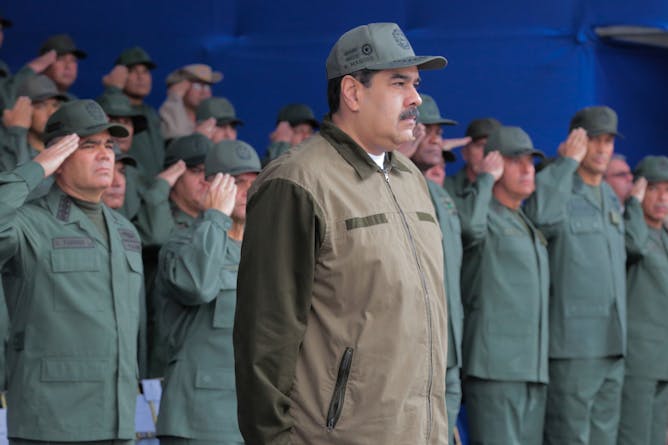
Venezuelan president Nicolás Maduro’s Jan. 10 inauguration will be a lonely one: Over 40 countries have refused to recognize his re-election as legitimate.
Miraflores Palace/Handout via Reuters
David Smilde, Tulane University
Maduro, who starts his second term on Jan. 10, has rigged elections, jailed rivals and plunged Venezuela into crisis. But most people there still reject Trump's proposed 'military option' to oust him.
|
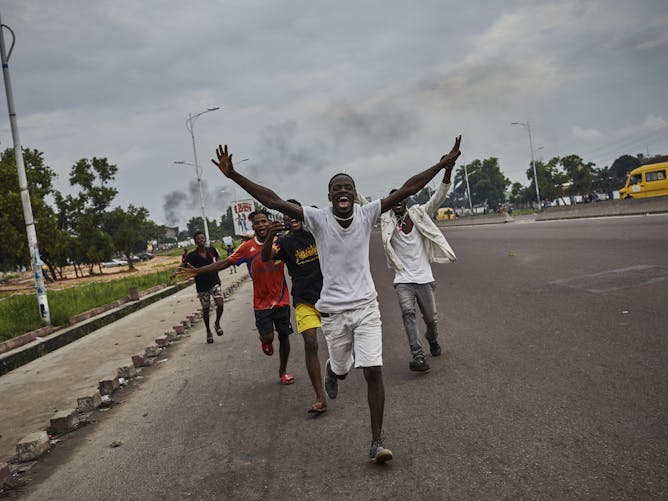
Supporters of DRC opposition leader Felix Tshisekedi, celebrate his presidential election win.
EPA-EFE/Hugh Kinsella Cunningham
Reuben Loffman, Queen Mary University of London
Felix Tshisekedi may have clinched DRC's presidency but the road ahead won't be a smooth one.
|
Science + Technology
|

Shareen Doak, Swansea University; Martina G. Vijver, Leiden University; Martin Clift, Swansea University
Nanotechnology and materials are the source of countless innovations, but we don't accurately know how they are affecting humans and the environment.
| |

Terry Thompson, University of Maryland, Baltimore County
European countries, especially the Baltic states of Estonia, Latvia and Lithuania, have confronted Russian disinformation campaigns for decades. The US can learn from their experience.
|
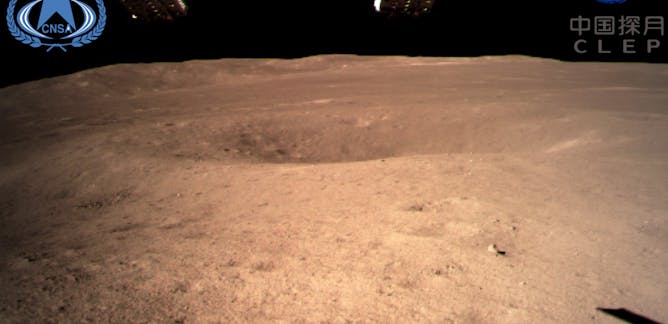
David Rothery, The Open University
The moon's far side looks redder than its near side. An expert explains what the actual colour is.
| |
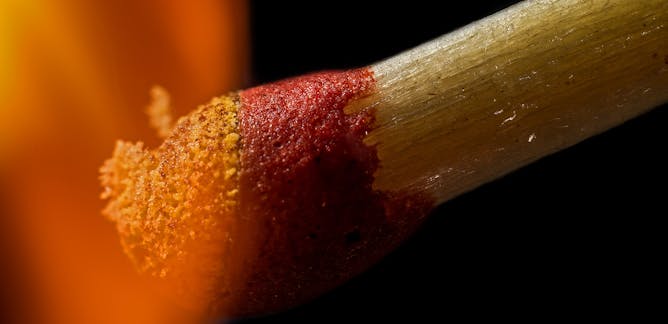
Petr Kilian, University of St Andrews
Originally found in a bucket of urine by an alchemist searching for the elixir of life, the race is on to find a way to rescue Element 15 from permanent exile in our rivers and streams.
|
|
|
Energy + Environment
|
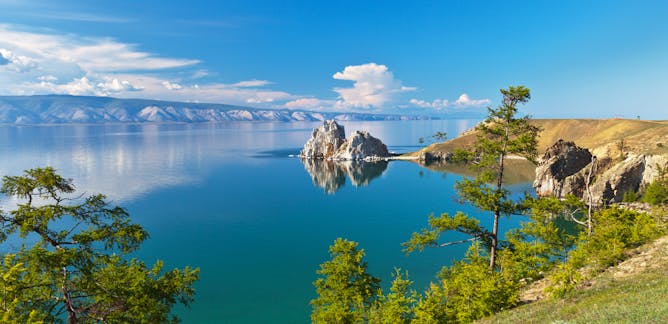
Anson Mackay, UCL; George Swann, University of Nottingham
Plankton in the world's oldest and deepest lake are being disrupted by exceptionally warm waters.
| |
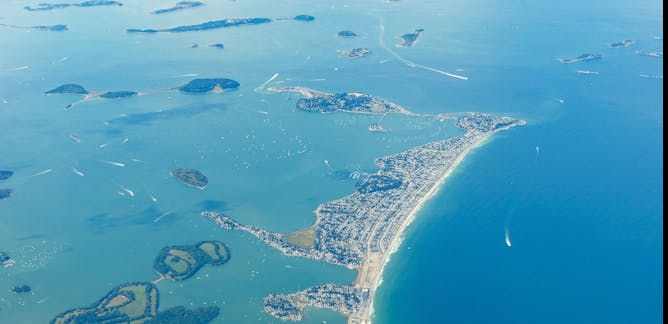
Michael Moore, Woods Hole Oceanographic Institution
A few decades ago Boston Harbor was one of the nation's dirtiest water bodies. Now, healthier fish in the harbor underscore that a multibillion-dollar cleanup has succeeded.
|
|
|
En français
|
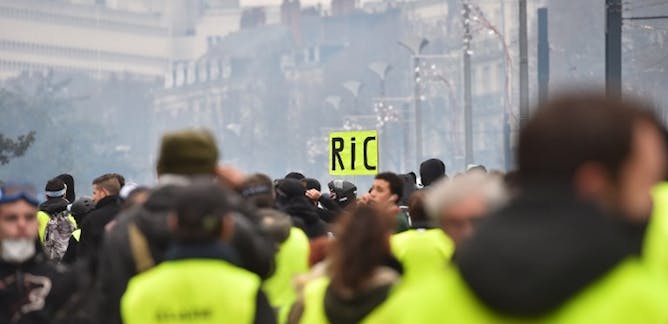
Laurent Mucchielli, Aix-Marseille Université
il y a urgence absolue à admettre que l’expression de la démocratie par le seul vote a vécu et qu’il faut véritablement instaurer davantage de participation et de délibération dans la vie politique.
| |
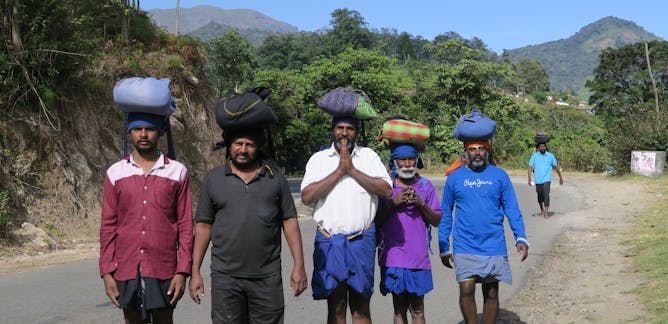
Mathieu Boisvert, Université du Québec à Montréal (UQAM)
Le temple de Sabarimala est au cœur d’une polémique polito-religieuse en Inde depuis que des femmes ont pénétré l’enceinte, dont elles étaient auparavant exclues.
|
|
|
| |
| |
| |
| |
| |
| |
|
|
|
|
|
|
|